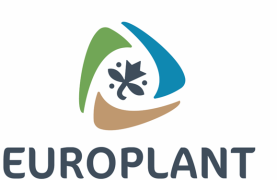Effective post-harvest management is crucial for reducing food waste and ensuring food security. Accurate shelf-life prediction under various storage conditions helps optimize storage and maintain quality. This study utilizes machine learning models to predict the shelf life of potatoes stored in an evaporative cooling system (ECS), focusing on shrinkage and sprouting as key quality indicators. Data on environmental and nutritional factors were collected over six months from a pre-established ECS system. Machine-learning (ML) models, such as XGBoost, Random Forest, and Support Vector Regression (SVR) were employed for prediction, focusing on sprouting and shrinkage. Data were pre-processed, normalized, and evaluated using cross-validation and multi-output regression for enhanced prediction accuracy. XGBoost proved to be the most accurate ML model, with R2 values of 0.997 and 0.986 for shrinkage and sprouting predictions, respectively, and the lowest root mean square error values. Feature importance analysis revealed that storage time and temperature were the key predictors of shrinkage and sprouting, followed by moisture and vitamin C. XGBoost outperformed Random Forest and SVR by effectively managing complex nonlinear relationships and minimizing overfitting through regularization. This study highlights the potential of ML in improving post-harvest management by enabling accurate predictions that help reduce losses, support decision-making, and enhance global food security.
Graphical Abstract
Full publication URL















